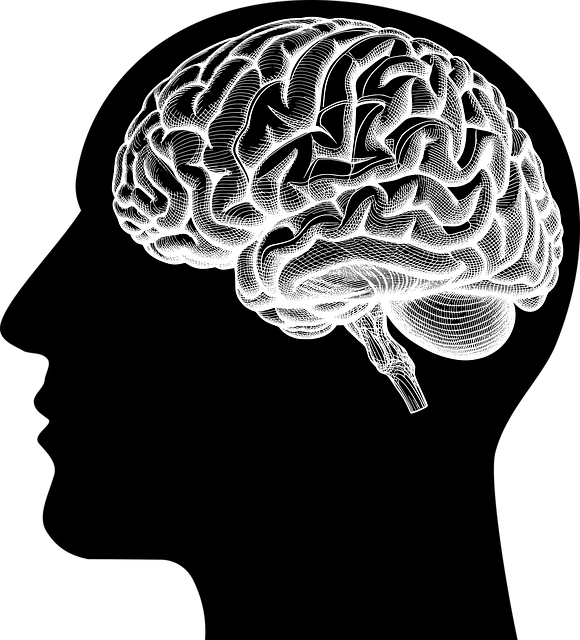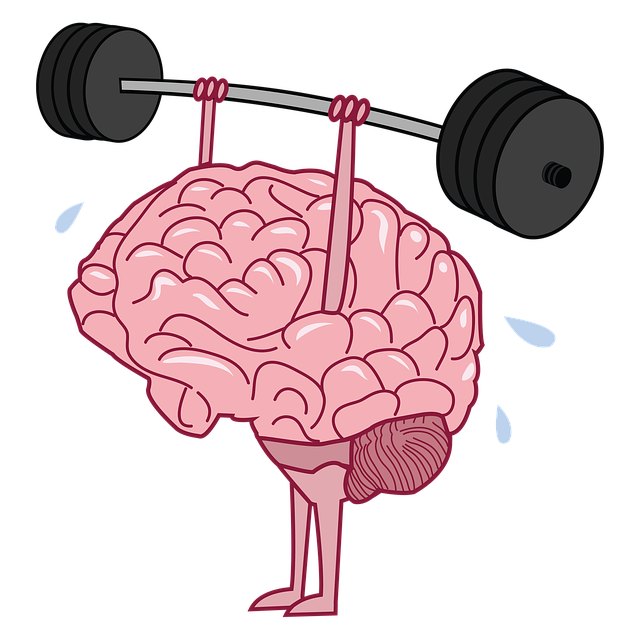Englewood Stress Management Therapy (ESMT) is a holistic approach to enhancing mental wellness by addressing mood regulation and stress management. This therapy incorporates compassion cultivation, mindfulness meditation, and deep breathing exercises to empower individuals with healthier coping mechanisms. By integrating ESMT's evidence-based techniques into daily life, professionals can achieve emotional resilience, prevent burnout, and maintain optimal performance while fostering a deeper connection with themselves and improving overall mental wellness.
“Discover effective mood regulation strategies to enhance your daily life and promote long-term well-being. This comprehensive guide explores various techniques, with a focus on the powerful approach of Englewood Stress Management Therapy. Learn how this therapy can help you understand and manage your moods, offering practical insights for daily application. By incorporating these strategies into your routine, you’ll gain control over your emotional health, leading to a more balanced and fulfilling life.”
- Understanding Mood Regulation: The Role of Englewood Stress Management Therapy
- Practical Strategies for Daily Mood Enhancement
- Incorporating Englewood into Your Routine for Long-Term Well-being
Understanding Mood Regulation: The Role of Englewood Stress Management Therapy

Understanding Mood Regulation: The Role of Englewood Stress Management Therapy (ESMT) is a crucial aspect of maintaining mental wellness and overall well-being. ESMT focuses on teaching individuals effective strategies to manage stress and regulate their moods, which are essential components of emotional health. This therapy recognizes that our thoughts, emotions, and behaviors are interconnected and that understanding this relationship can empower us to make positive changes in our lives.
One key component of ESMT is compassion cultivation practices, which encourage self-care and a non-judgmental approach to personal struggles. By integrating these practices into daily routines, individuals can enhance their emotional resilience and develop healthier coping mechanisms. Self-care practices, such as mindfulness meditation, deep breathing exercises, and engaging in enjoyable activities, are at the heart of ESMT, promoting mental wellness and allowing individuals to better navigate life’s challenges.
Practical Strategies for Daily Mood Enhancement

Enhancing daily moods is a multifaceted endeavor that can greatly impact overall mental wellness. Beyond the realm of professional therapy, such as Englewood Stress Management Therapy, individuals can employ practical strategies to navigate and improve their emotional state. Incorporating mindfulness practices like meditation or deep breathing exercises into daily routines helps ground the mind in the present, thereby reducing anxiety and fostering a sense of calm.
Cultivating emotional intelligence plays a crucial role in mood regulation. Recognizing and understanding one’s emotions—both positive and negative—allows for better management. Keeping a journal to track feelings, engaging in regular physical activity, and prioritizing quality sleep are additional, effective crisis intervention guidance tools that support mental health. These simple yet powerful techniques contribute to a holistic approach towards emotional well-being.
Incorporating Englewood into Your Routine for Long-Term Well-being

Englewood Stress Management Therapy offers a powerful tool for individuals seeking long-term mental wellness and resilience. By integrating mindfulness practices into your daily routine, you can cultivate inner strength development, which is essential for navigating life’s challenges. This form of therapy encourages a proactive approach to risk management planning for mental health professionals, allowing them to prevent burnout and maintain optimal performance.
Incorporating engagement with nature, meditation, and reflective practices into your lifestyle fosters a deeper connection with yourself and enhances emotional regulation skills. Over time, these strategies contribute to improved mental wellness by promoting balance and peace of mind. Whether facing stressful situations or managing ongoing mental health concerns, adopting evidence-based techniques like those taught in Englewood Stress Management Therapy empowers individuals to take control of their emotional well-being.
Englewood Stress Management Therapy offers a powerful framework for understanding and managing moods. By integrating its principles into daily routines, individuals can achieve long-term well-being through practical strategies that enhance overall mood regulation. This approach encourages a holistic view of mental health, where consistent practice leads to significant improvements in emotional resilience and quality of life.














